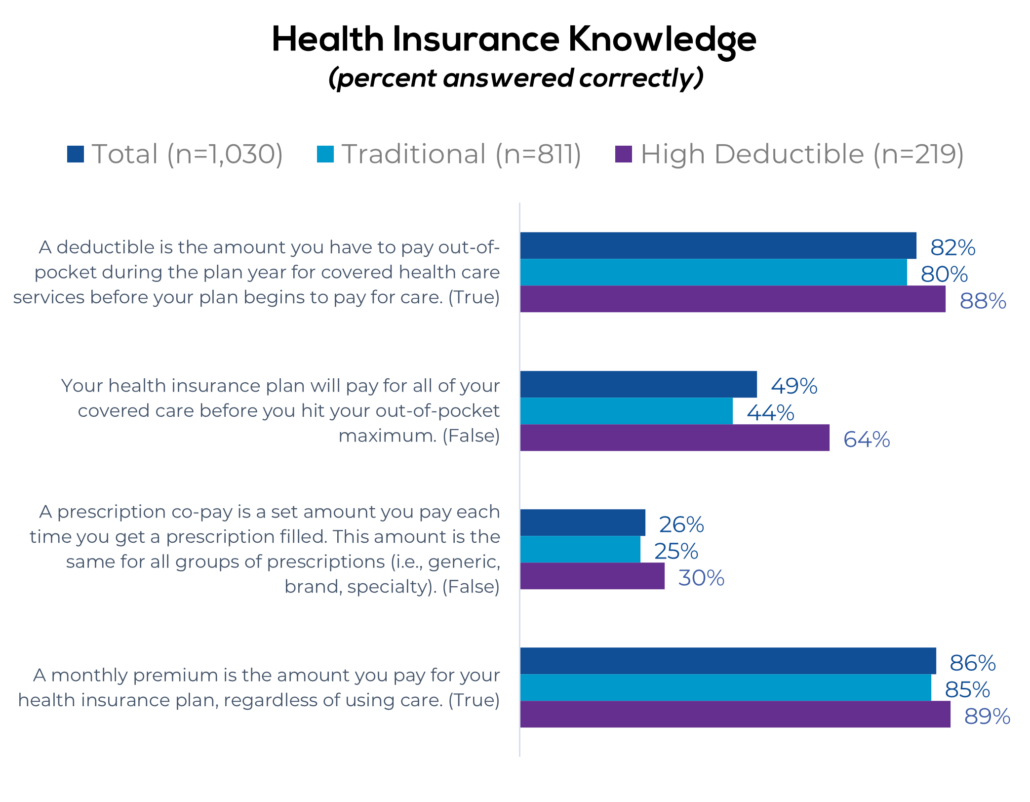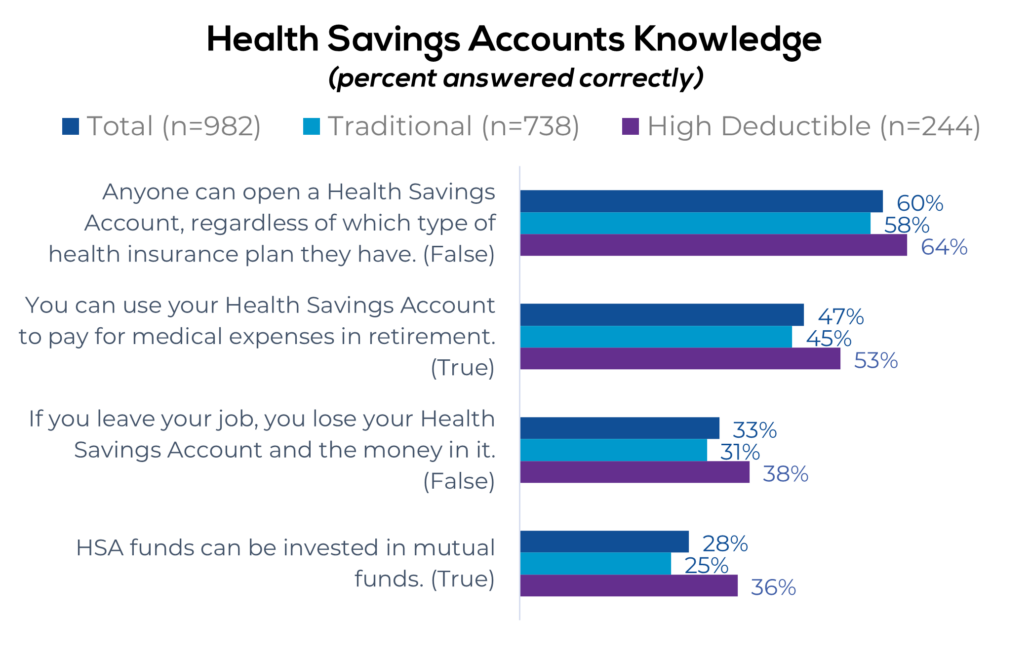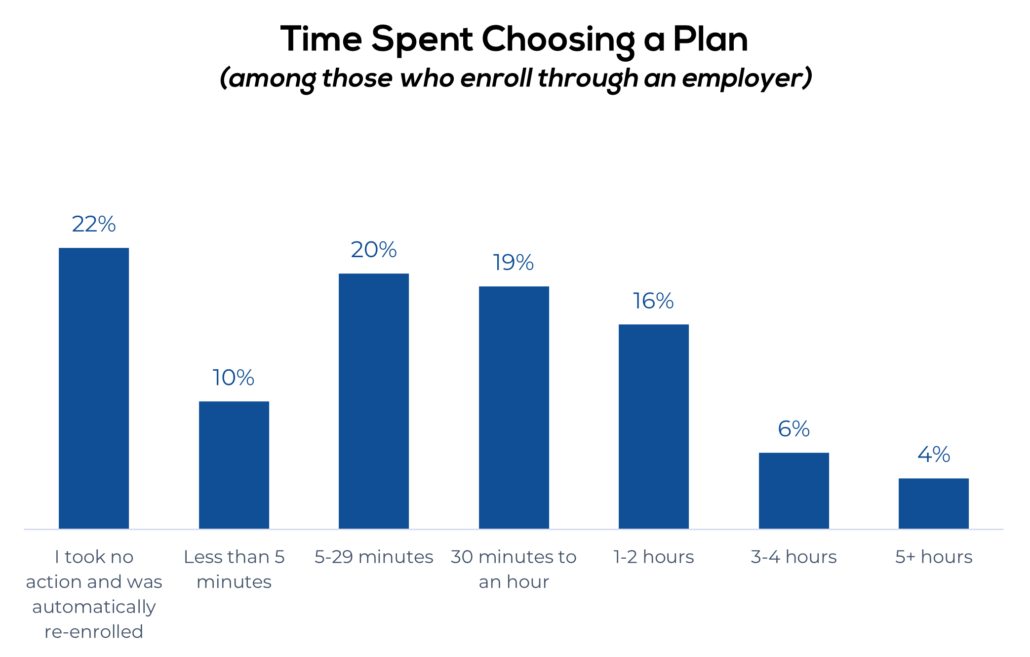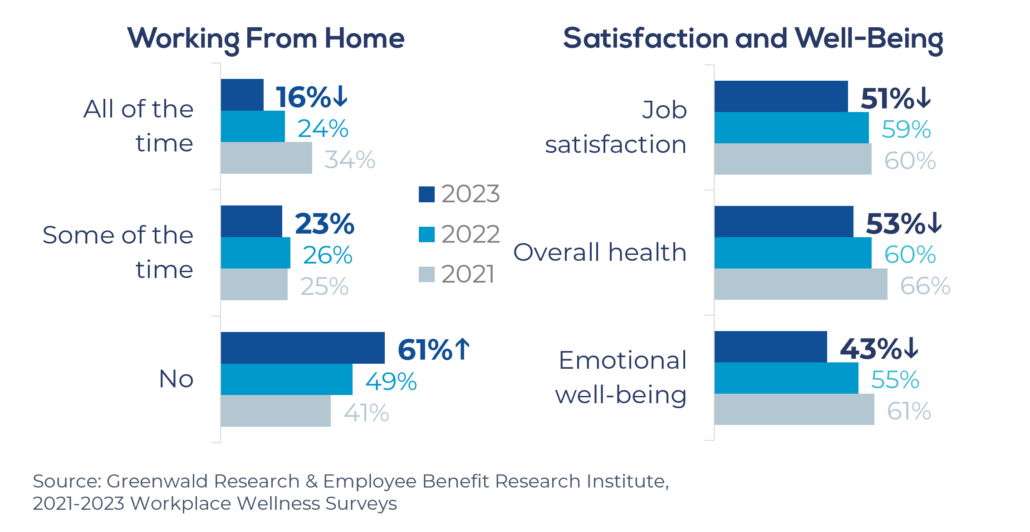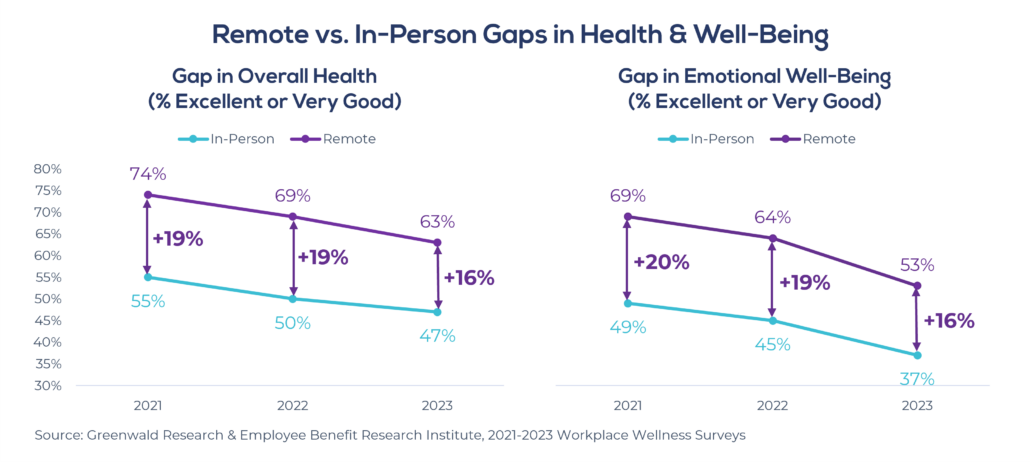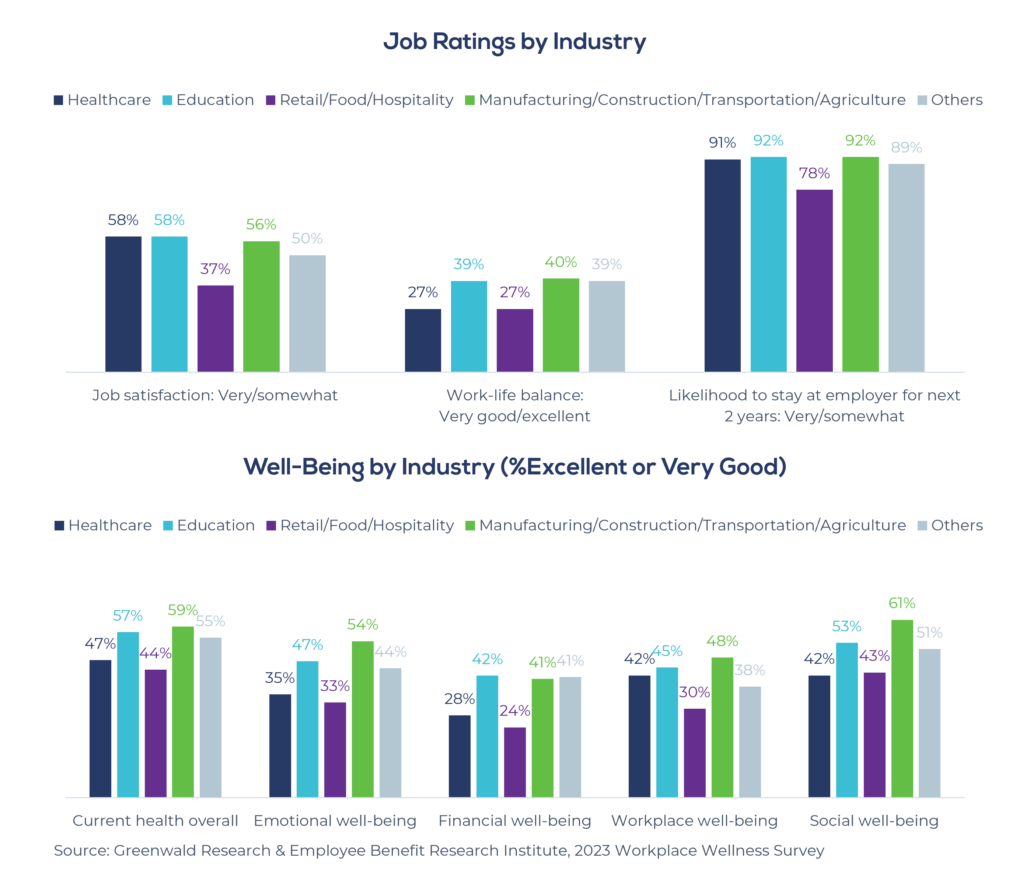Survey: How Long Is Retirement? Consumers Now Estimate More Years—But It Depends on Perspective
Financial Professionals Now Believe Retirement, Savings Planning Should Start Earlier
Washington, DC (April 4, 2025) – Consumers expect to spend longer in retirement – a lot longer – than they did just four years ago.
The new Retiree Insights Program Consumer and Financial Professional Surveys by Greenwald Research shows that consumers now expect to spend 34.7 years in retirement, 8.2 years more than they estimated four years ago. The survey respondents were asked to estimate the length of retirement by first breaking it down into stages: early, middle, and late retirement.
Consumers say they expect to spend 12.3 years in early retirement (up from 10 years four years ago), 11.5 years in middle retirement (up from 9 years four years ago), and 10.9 years in late retirement (up from 7.5 years four years ago). They expect to spend 27% to 29% of their retirement savings in each stage.
This shift in consumers’ vision of retirement depends on how they define it though. There has been no change in the age consumers expect to retire or the age they guess they might live to. The increase only shows up when asked to envision retirement in phases.
“This research shows that how we think about retirement shapes how long we expect it to last,” says Doug Kincaid, Greenwald’s Managing Director for Financial Services and author of the 12th annual Retiree Insights Program Consumer and Financial Professional Surveys. “Breaking retirement into stages, consumers may better recognize how their lifestyle will evolve over time—reinforcing the need to save more and plan earlier than if they only considered life expectancy.”
The survey also found that among retirees, half retired earlier than planned – and half of those early retirees completed less planning than they would have liked.
A majority of financial professionals participating in the survey now believe it’s a mistake to wait until the last few years before retirement to start planning for it: 23% say all aspects of retirement planning should occur earlier, while another 30% feel at least some planning tasks should occur early. Only 1% said comprehensive planning should wait until a client is close to retirement.
Fully 68% of financial professionals said they regret not starting retirement planning with clients earlier. They identified the most common obstacles that prevent clients from early planning include procrastination or lack of urgency (70%), focusing on dealing with financial concerns in the present (61%), belief that retirement is a long way off (61%), they don’t understand the importance of planning (51%), and clients are just not ready to think about retirement (50%).
Other key findings in the 2024 Retiree Insights Program Consumer and Financial Professional Surveys include:
- There are several critical retirement planning tasks consumers fail to undertake before retirement, including developing a plan to deal with long-term care risks (66%); creating a formal, written retirement plan (65%); learning about Medicare, Medigap, or Medicare Advantage options (42%); developing a plan for producing income in retirement (37%), and calculating savings needed for retirement (35%).
- The top features consumers desire from a financial product are protection from loss (46%), maximum opportunity for growth (38%), and guaranteed lifetime income (35%).
- Overall, four in 10 respondents felt financially secure, with retirees having an edge. Fully 47% of retirees said they were financially secure, compared to 35% of pre-retirees.
- Two-thirds of retirees and over half of pre-retirees currently work with a financial professional.
About the 2024 Retiree Insights Program Consumer and Financial Professional Surveys
The surveys were conducted in June and July 2024, with 1000 consumers and 300 financial professionals participating. For more information about the surveys and Greenwald’s full Retiree Insights Program, contact dougkincaid@greenwaldresearch.com.
Greenwald Research is a consultative partner to health and wealth leaders that leverages industry expertise, access to experts, and a custom, collaborative approach to produce trusted insights and meaningful connections that drive understanding and inform strategic action. For more information, please call (202) 686-0300 or visit www.greenwaldresearch.com.
Contact:
Herb Perone
media@greenwaldresearch.com



